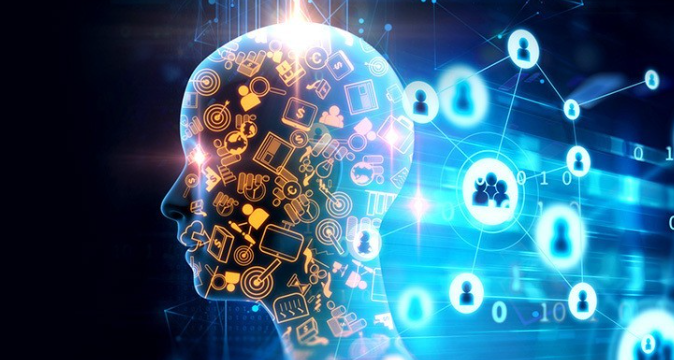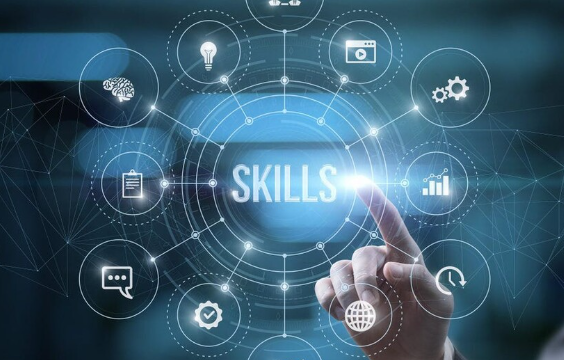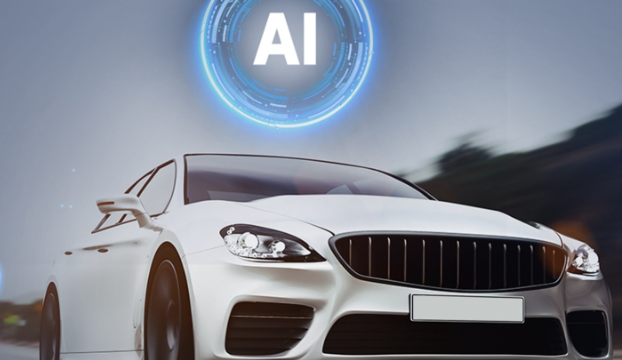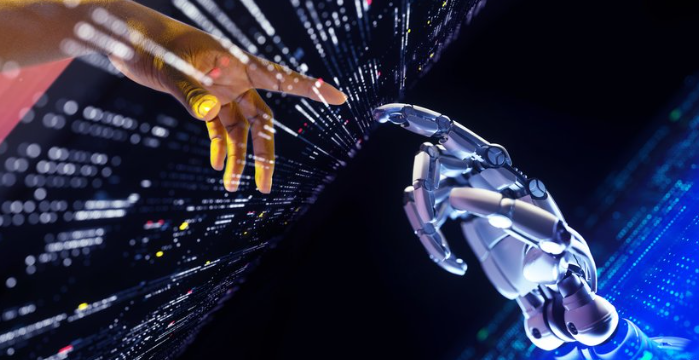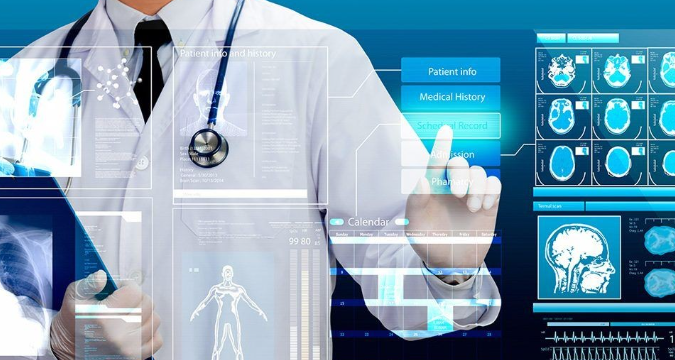Artificial intelligence (AI) is revolutionizing the education sector by enhancing personalized learning, automating administrative tasks, and improving student engagement. By 2025, AI-powered tools will make education more accessible, efficient, and adaptive, shaping the future of learning. Let’s explore how AI is transforming education.
1. Personalized Learning with AI
AI tailors curriculums, lesson plans, and assessments based on individual learning speeds and preferences.
2. AI-Powered Virtual Tutors & Learning Assistants
AI-driven chatbots provide 24/7 tutoring, real-time feedback, and instant homework assistance.
3. Automated Grading & AI-Enhanced Assessments
AI simplifies grading by analyzing essay structures, detecting plagiarism, and evaluating student performance.
4. AI in Special Education & Accessibility
AI assists students with disabilities by offering speech-to-text, real-time translations, and adaptive learning tools.
5. Predictive Analytics for Student Performance
AI predicts learning gaps, dropout risks, and academic success rates based on student data.
6. AI-Driven Smart Classrooms
Schools integrate AI-powered smart boards, interactive digital content, and voice-enabled learning tools to enhance engagement.
7. Virtual Reality (VR) & AI-Powered Simulations
AI enhances hands-on learning through immersive virtual labs, history simulations, and skill-based training.
8. AI in Career Counseling & Skill Development
AI helps students choose careers by analyzing skills, interests, and job market trends.
9. AI-Powered Language Learning & Translation
AI-driven applications enable real-time language translation and personalized language learning experiences.
10. AI for School Administration & Efficiency
AI automates attendance tracking, timetable management, and resource allocation, improving operational efficiency.
Why AI is Reshaping Education
- Enhanced Learning Outcomes: AI adapts teaching methods for better knowledge retention.
- Greater Accessibility: AI-powered tools make education inclusive for all students.
- Efficient Resource Management: Automation reduces administrative workload, allowing educators to focus on teaching.
Challenges in AI-Powered Education
- Data Privacy & Security: AI must ensure student data protection and compliance with regulations.
- Equitable Access to AI Tools: AI adoption requires infrastructure investment in underprivileged regions.
- Balancing AI & Human Instruction: AI should support, not replace, educators in personalized teaching.
The Future of AI in Education
By 2025, AI will integrate machine learning for adaptive curriculums, blockchain for credential verification, and immersive VR learning experiences, making education more interactive and future-ready.
Conclusion
AI is revolutionizing education by making learning more personalized, accessible, and technology-driven. As AI continues to evolve, it will empower students and educators to embrace innovative, data-driven educational experiences.
